Introduction to Anxiety
Nervousness is something many individuals feel. It is ordinary to feel restless on occasion. Notwithstanding, certain individuals feel uneasiness a great deal. It very well may serious areas of strength for be, it can make life harder. Uneasiness is something other than feeling stressed. It can influence how you feel, think, and act. Perceiving the indications of anxiety is significant. When you know the signs, you can track down ways of feeling improved.
What is Anxiety?
Uneasiness is the point at which you feel apprehensive or frightened. It can occur before huge occasions like a test or meeting new individuals. Everybody feels restless once in a while. Yet, on the off chance that you feel restless constantly, it very well may be something other than stress. Tension can make it hard to concentration, rest, and even appreciate things you used to adore.
Why is it Important to Recognize Anxiety?
Perceiving tension is the initial step to feeling improved. At the point when you know the signs, you can do whatever it may take to lessen uneasiness. You can take a stab at breathing activities, converse with somebody, or even see a specialist. The sooner you notice uneasiness, the sooner you can assuage it.
Signs of Anxiety
Tension has many signs. These signs can influence your body, psyche, and activities. Realizing the signs assists you with understanding on the off chance that you are feeling restless. Here are a portion of the normal indications of nervousness.
Physical Signs of Anxiety
Tension can influence your body. You could feel your heart race. Your hands might perspire. Your chest could feel tight, and your breathing could turn out to be quicker. Certain individuals get migraines, stomachaches, or feel woozy. In the event that your body feels these ways frequently, it very well may be an indication of nervousness.
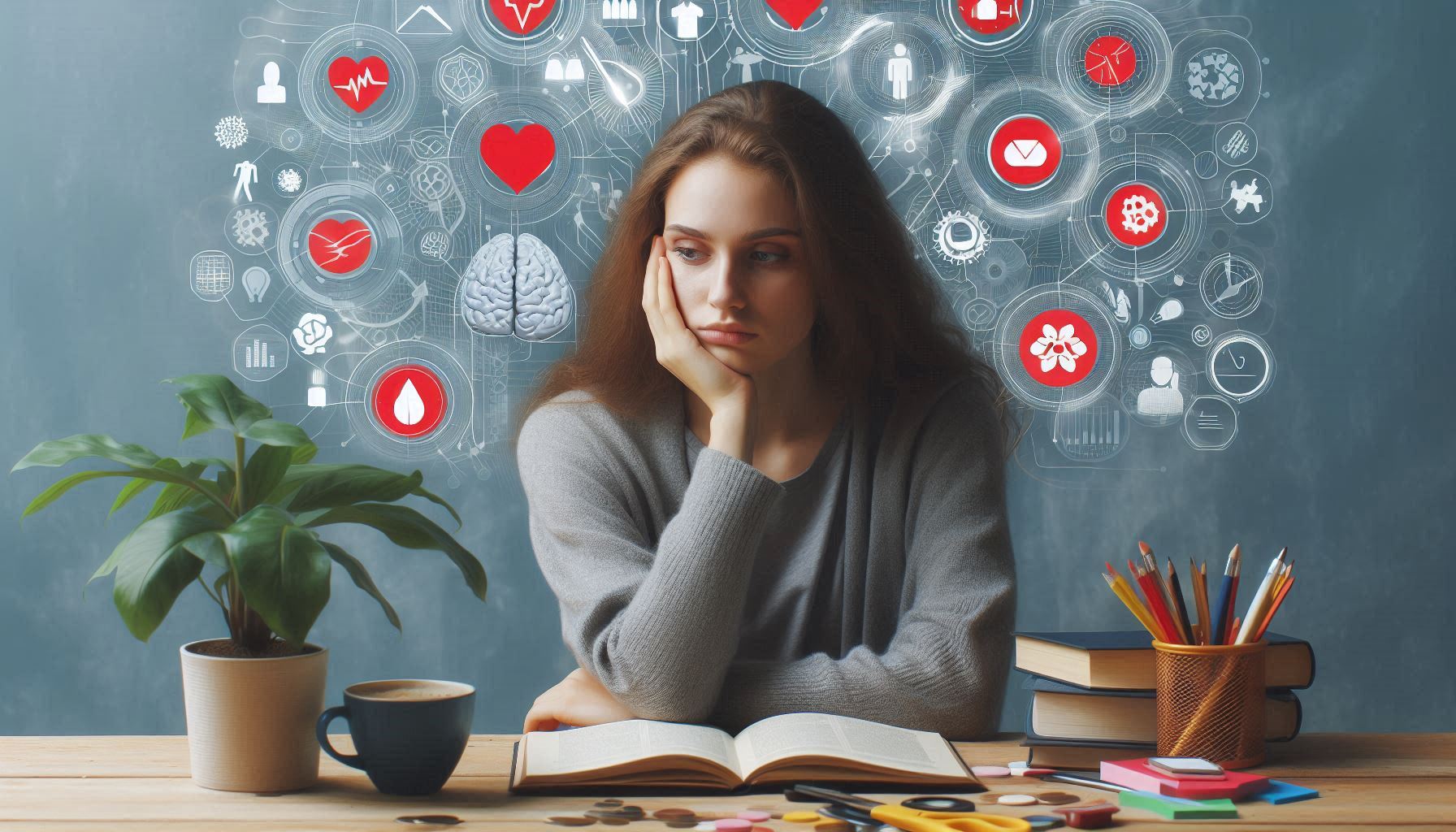
Emotional Signs of Anxiety
Tension can cause you to feel frightened, apprehensive, or stressed. You could feel like something awful will occur. These sentiments can areas of strength for be. They can cause you to feel uncomfortable, upset, or even powerless. On the off chance that you have this impression for no great explanation, it very well may be tension.
Behavioral Signs of Anxiety
At the point when individuals feel restless, they some of the time act in some ways. They might stay away from specific spots or circumstances. They probably shouldn’t go to get-togethers or school. Tension can make you stress over things that may not actually occur. You could feel fretful or crabby, and you could try and begin squirming.
Cognitive Signs of Anxiety
Uneasiness additionally influences your thought process. You could experience difficulty concentrating. You could find it hard to zero in on basic errands. Uneasiness can cause negative contemplations. You could ponder most pessimistic scenario situations. These contemplations can aggravate uneasiness. Assuming that you notice this incident frequently, it very well may be uneasiness.
How to Relieve Anxiety
It means a lot to know how to ease tension. At the point when you feel restless, there are things you can improve. These exercises can assist with quieting your body and psyche. Here are far to assuage uneasiness.
Practical Ways to Relieve Anxiety
There are straightforward advances you can take to lessen tension. These means help you unwind and feel quiet. By rehearsing them, you can make uneasiness simpler to make due. Travel
Breathing Exercises
One of the simplest ways of feeling improved is to gradually relax. Profound breathing can assist you with quieting down. To rehearse profound breathing, plunk down in a tranquil spot. Take a full breath in for four seconds. Hold it for four seconds. Then, at that point, inhale out for four seconds. Rehash this a couple of times. This assists your body with unwinding. Tool For Breathing Exercise
Physical Activity
Practice is one more incredible method for decreasing uneasiness. Moving your body delivers great synthetics in your mind. These synthetic compounds assist you with feeling blissful and loose. You don’t have to do weighty exercises. A short walk, running, or in any event, extending can help.
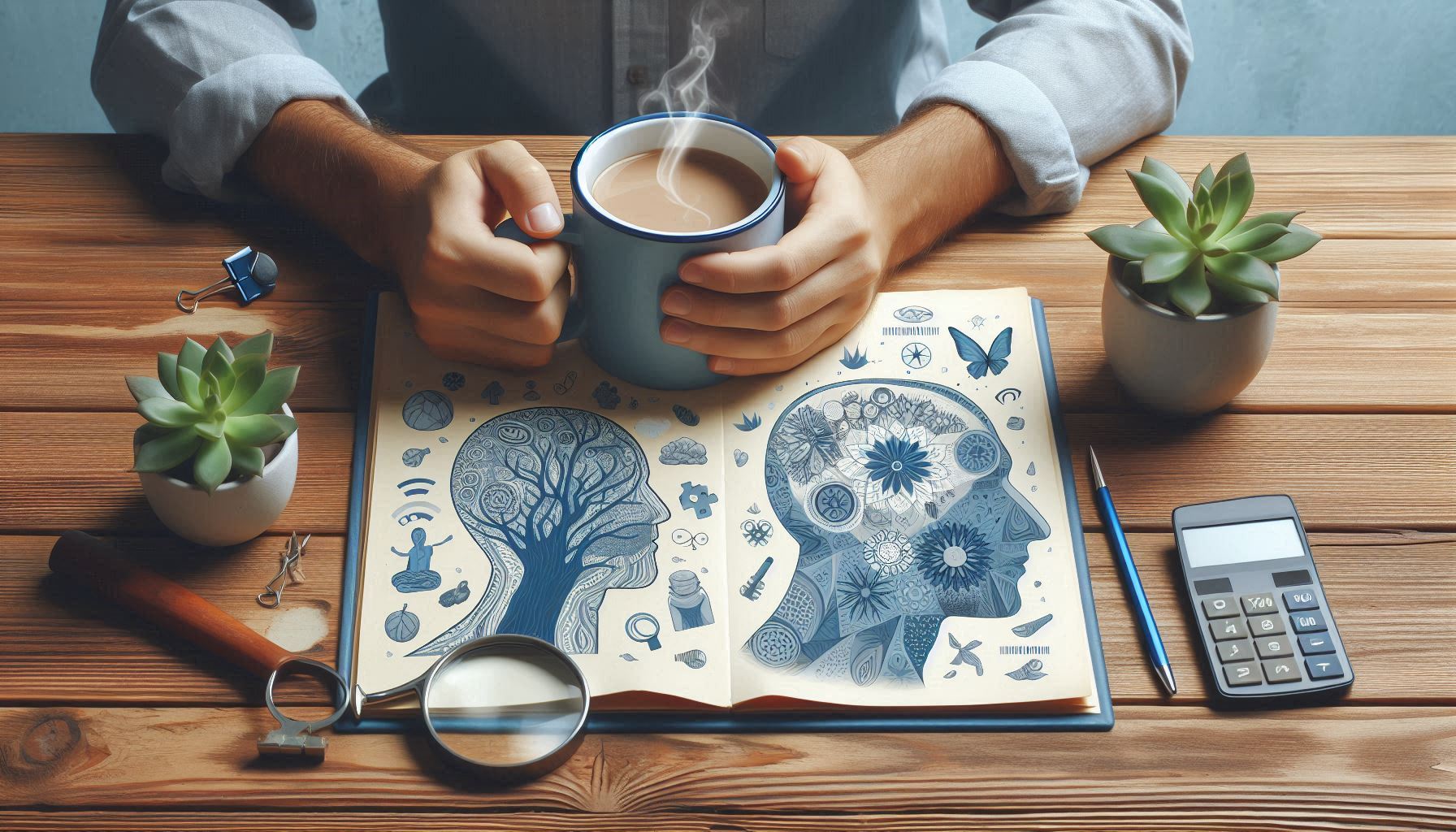
Meditation and Mindfulness
Contemplation assists you with zeroing in on the present. It helps you to clear your brain and unwind. You can contemplate for a couple of moments consistently. Shut your eyes, inhale gradually, and center around your breath. This basic action can assist with quieting your psyche and diminish uneasiness.
Talking to Someone
Conversing with somebody you trust can likewise assist you with feeling significantly improved. At the point when you discuss your sentiments, you don’t need to keep them inside. A companion, relative, or specialist can tune in and help you. Now and again talking assists you with feeling less restless.
Professional Help
On the off chance that uneasiness feels too enormous to deal with alone, it very well might be an ideal opportunity to look for proficient assistance. Specialists and advocates can show you apparatuses to oversee uneasiness. They can assist you with understanding the reason why you feel restless and how to adapt to it.
When to Seek Professional Help
While there are numerous ways of overseeing tension all alone, at times you really want assistance from an expert. Here are a signs that you could have to see a specialist or specialist.
Signs You Need Help
Assuming that tension is making it difficult for you to do day to day exercises, now is the right time to find support. Assuming your uneasiness feels overpowering or consistent, don’t stand by. At the point when uneasiness influences your connections or work, an expert can help. In the event that you experience difficulty dozing or end up keeping away from things as a result of dread, it’s smart to see a specialist or advisor.

How Professionals Can Help
Experts can assist you with figuring out your nervousness. They can train you better approaches to deal with your sentiments. They could utilize treatment, as Mental Social Treatment (CBT). CBT helps you comprehend and change your contemplations and ways of behaving. A specialist can likewise propose different medicines like drugs if necessary.
FAQs
-
What are the first signs of anxiety?
The first signs of anxiety are often physical, such as a racing heart, sweating, or feeling short of breath.
-
How do I know if my anxiety is serious?
If anxiety affects your daily life, relationships, or sleep, it may be time to seek help.
-
Can anxiety go away on its own?
Sometimes anxiety goes away with rest and relaxation, but if it stays for a long time, it’s best to talk to a doctor.
-
What is the most common treatment for anxiety?
Therapy, especially Cognitive Behavioral Therapy (CBT), is a common treatment for anxiety.
-
Is exercise helpful for anxiety?
Yes, physical activity helps reduce stress and improve mood, which can lower anxiety levels.
-
Can anxiety be cured?
While anxiety may not be completely “cured,” it can be managed well with the right strategies and professional help.
-
How can I stop feeling anxious?
Deep breathing, physical activity, and mindfulness are all great ways to reduce anxiety.
-
Can talking to someone help with anxiety?
Yes, talking to a trusted friend or therapist can help you understand and manage your feelings of anxiety.
-
What is the best medication for anxiety?
Different medications work for different people, but it’s important to consult a doctor before taking anything.
-
How long does it take to feel better with therapy?
It can take several weeks to a few months for therapy to help reduce anxiety symptoms.
Conclusion
Nervousness is something that many individuals face. It has many signs, both physical and close to home. Perceiving these signs is the initial step to feeling improved. There are basic ways of diminishing tension, like profound breathing, exercise, and conversing with somebody. On the off chance that you really want more assistance, experts are prepared to direct you. By understanding uneasiness and figuring out how to oversee it, you can carry on with a more joyful, better life.

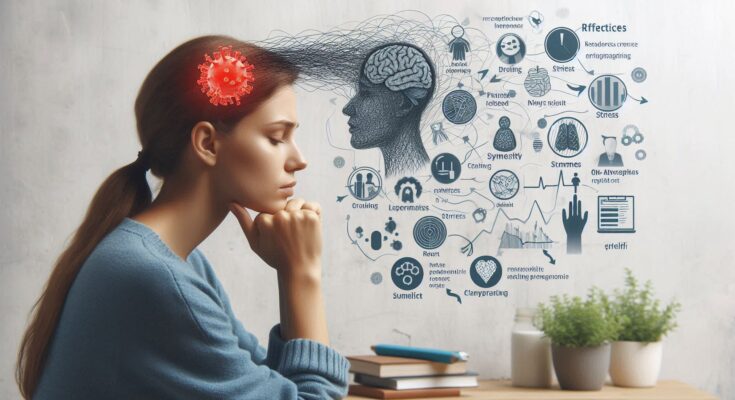
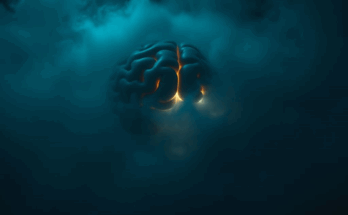
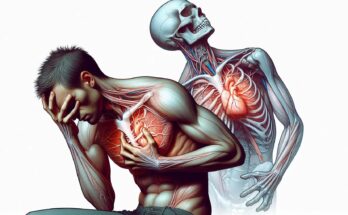
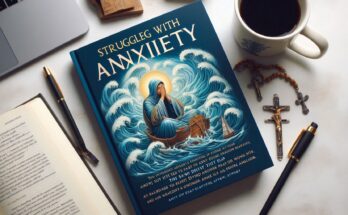
5 Comments on “7 Clear Signs of Anxiety and Proven Ways to Find Relief”